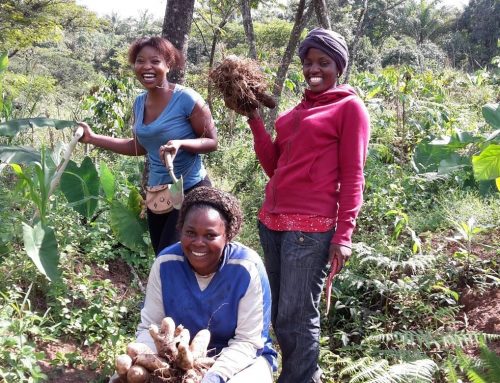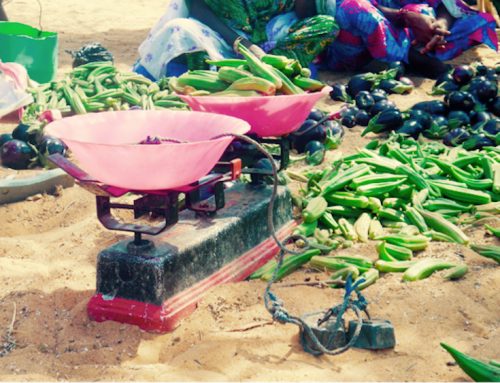Hunting is vital to the food, financial, and cultural security of local people throughout the tropics. Unfortunately, commercial and unsustainable hunting and trade threaten the well-being of people by reducing opportunities to safely and sustainably access bushmeat. Many groups are working to address this issue, but few are engaging those who rely most on bushmeat – rural hunters and communities – in designing solutions.
The Nsombou Abalghe-Dzal Project works in the Ivindo rainforest Landscape of Gabon to facilitate more local participation in wildlife management at multiple scales. They have trained local people to co-produce a dataset about bushmeat abundance and use that includes 8000 observations of 60 species – a total of 30,000 animals!! The project then works with villages to use this data to inform management plans that they develop together with logging companies and the government.
This project, run by members of the Poulsen Tropical Ecology Lab at Duke University has been helping villages develop adaptive wildlife management plans in which each village develops its own specific rules, reinforced with community patrols, outreach and collaboration with neighboring villages, local authorities, and logging companies.
The outcomes are remarkable: villages that have implemented a management plan have reduced hunting, sometimes by as much as 40%. Other villages have not reduced hunting, but have changed the spatial patterns of hunting by establishing reserves in key areas.
Elinor Ostrom’s work tells us that common pool resources (like wildlife) can be effectively managed if we form institutions that pay attention to eight principles that allow for self-governance, including users who collectively make their own rules, regular monitoring, and mechanisms for conflict resolution. The Nsombou Abalghe-Dzal project has developed a way to combine scientific data collection with efforts to help communities manage their resources following these principles, while monitoring the social-ecological effectiveness of the approach at the same time – clever!



